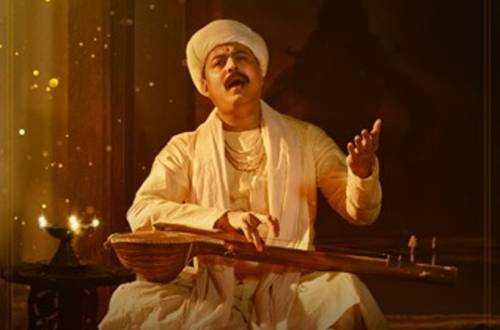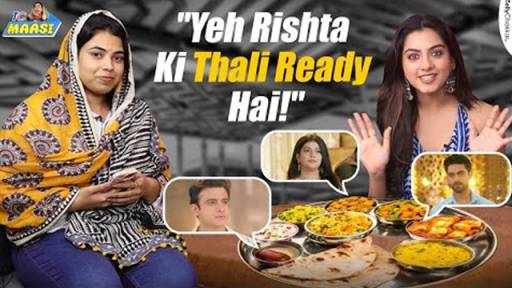
Amish Tripathi’s bestselling novel, Shiva Trilogy- The Immortals of Meluha, The Secret of the Nagas, and The Oath of the Vayuputras took the entire nation by storm. The perfect fusion of history and mythology created by Amish became one of the finest literary works of the decade.
According to media reports the series even fascinated the most talented director-producer of our time, Karan Johar, so much so that he decided to make film based on Amish’s trilogy. But finally in the last year the author of the bestselling novels confessed that an American Production house bought the rights of the book to make a screen adaptation.
The news definitely excited the fans of the series but, much before that could happen Life OK channel and Arvind Babbal Productions came up with a supernatural mytho-thriller series entitled Mahakumbh, which bears certain uncanny resemblance with the popular trilogy penned down by Amish.
Because of its independent storyline, we can never claim it to be a mere screen adaptation of the book, but certain themes in the plot definitely and very cleverly draws its inspiration from the original book.
So, here’s presenting to our readers with eight themes which actually made us wonder about its source of inspiration.
Mythological Interpretation- Widely drawing inspirations from mythology both the book and the show focus on two young men, Rudra and Shiva, who are unaware about their fate to fulfill a bigger purpose in life and how they attend a legendary stature through their deeds. Throughout the series one will encounter how mythology has been set as a backdrop and how both the platforms have drawn references to mythological incidents of the holy battle regarding Amrit, secretive group or the protector of the realm, enmity between the Garuda and the Naga clan, just to name a few.

Amrit or Somras- For a loyal fan of Mahakumbh and an ardent reader of the trilogy the first thing that will strike in their head is the overemphasis given to the Amrit factor. Both in book and television series the holy nectar is the focal point, with Amrit or Somras becoming the driving force of the later incidents.

Saraswati River- In the trilogy series river Saraswati finds a special mention as the origin of the Somras, and is it a mere coincidence that the protection of Saraswati kund in Mahakumbh is held with high esteem?

Character Sketches- Somehow one can find certain uncanny similarities between many characters. Both in novel and television series the chief Meluhan scientist Brihaspati and Shivanand respectively try to scientifically reveal the secret of the holy nectar. And in a quite similar fashion Mai Mui’s character in Mahakumbh’s sketch matches with Uncle Monubu’s (in the book) character as both of them hide their true intentions, prepares and mentors the protagonist to successfully achieve their aim.

Secret Groups- Secretive group of the seven Garudas definitely reminds our viewers of the Vasudevas and the Vayuputras; two secretive groups in Shiva trilogy, one to assist the Neelkanth and the other to prepare him to destroy the evil.

Naga Clan- In Hindu mythology Nagas are claimed to be the serpent clan or the worshippers of snake. In the show as well as the book, serpent clan or Nagas are treated as the primal antagonistic force of Shiva (especially in the first series) and Rudra.
Swore Oath to the Naga Clan- Interestingly, one priest of Mahakumbh, Balivesh, pledges his allegiance to the Naga clan in a similar fashion as the Branga ruler does in Shiva trilogy to save his own people, by going against the savior. Surprisingly, except for few small tribes no major clan or group can be found to make alliance with the Naga clan in Hindu mythological texts.

Physical Attributes- And finally, both the sequences have ably depicted few physical features of Rudra and Shiva, which makes them easily recognizable. While Rudra have a birthmark in the form of a tattoo on his back, Shiva’s throat turned blue after consuming Somras, making others believe he is their Neelkanth, the ultimate savior.

As we have earlier mentioned that due to the intelligent making style and creative input it cannot be said to be a blind imitation of the book series, but definitely those who are acquainted with both the and television will find certain similarities.
Inspired or not both the series have successfully impressed us. If Amish’s creation was a treat for bookworms then Babbal’s Mahakumbh is certainly one visual treat to watch for.












Add new comment